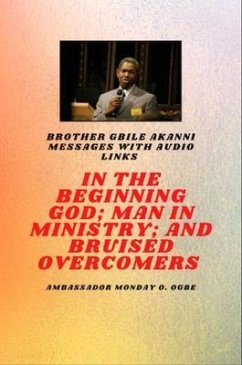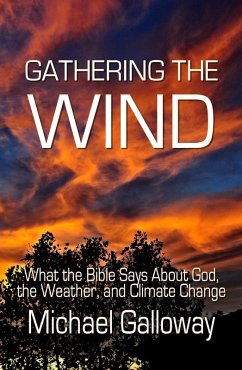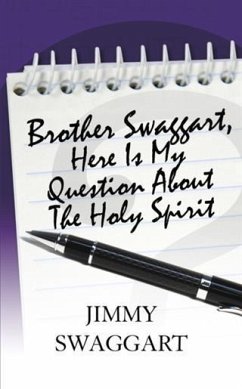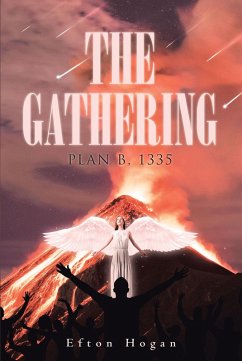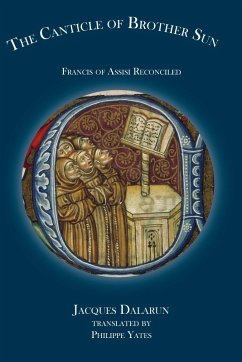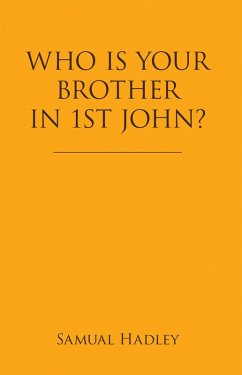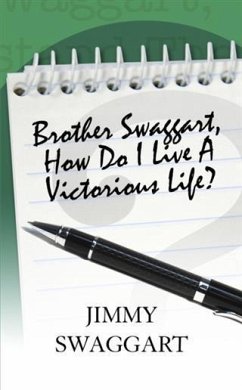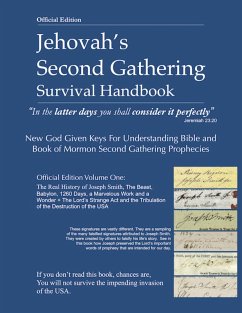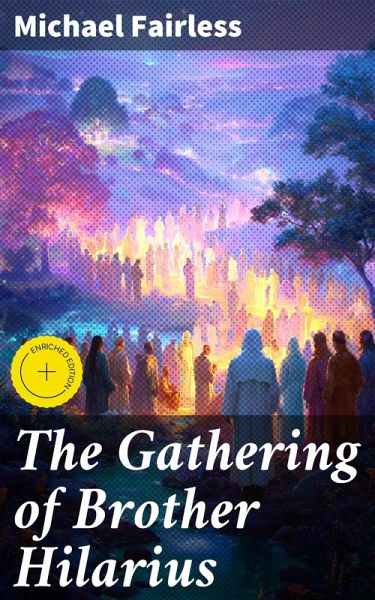
The Gathering of Brother Hilarius (eBook, ePUB)
Enriched edition. A Monk's Quest for Spiritual Enlightenment
Kommentar: Pearce, Lauren / Redaktion: Good Press

PAYBACK Punkte
0 °P sammeln!
In 'The Gathering of Brother Hilarius,' Michael Fairless explores the intricate tapestry of human emotions and spiritual awakening through the lens of a mystical narrative. Set against the backdrop of a timeless journey, the book weaves allegory and philosophical inquiry with rich, lyrical prose. Fairless employs a multi-layered literary style that invites readers to reflect deeply on themes of faith, redemption, and the nature of brotherhood. The work can be situated within the early 20th-century literary movement that sought to fuse spirituality with everyday experiences, offering a compelli...
In 'The Gathering of Brother Hilarius,' Michael Fairless explores the intricate tapestry of human emotions and spiritual awakening through the lens of a mystical narrative. Set against the backdrop of a timeless journey, the book weaves allegory and philosophical inquiry with rich, lyrical prose. Fairless employs a multi-layered literary style that invites readers to reflect deeply on themes of faith, redemption, and the nature of brotherhood. The work can be situated within the early 20th-century literary movement that sought to fuse spirituality with everyday experiences, offering a compelling exploration of the soul's quest for meaning amidst the mundane. Michael Fairless, a British author born in the late 19th century, was often inspired by his connection to nature and deep-seated spirituality, factors that significantly influenced his writing. Struggling with health issues throughout his life, Fairless turned to literature as a means of exploring existential questions and articulating the profound struggles faced by humanity. His diverse experiences, ranging from farming to artistic endeavors, shaped the philosophical underpinnings of his work, imbuing it with a sense of authenticity and introspection. Readers seeking a thought-provoking journey into the depths of spirituality and the human experience will find 'The Gathering of Brother Hilarius' to be a richly rewarding endeavor. Fairless's unique perspective and poetic narrative invite a contemplative reading experience, making it a must-read for those interested in spiritual literature and philosophical exploration. In this enriched edition, we have carefully created added value for your reading experience: - Hand-picked Memorable Quotes shine a spotlight on moments of literary brilliance. - Interactive footnotes clarify unusual references, historical allusions, and archaic phrases for an effortless, more informed read.
Dieser Download kann aus rechtlichen Gründen nur mit Rechnungsadresse in A, B, BG, CY, CZ, D, DK, EW, E, FIN, F, GR, H, IRL, I, LT, L, LR, M, NL, PL, P, R, S, SLO, SK ausgeliefert werden.




